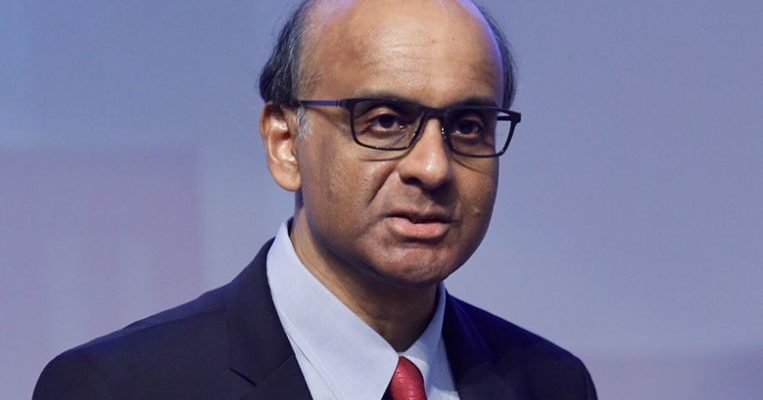
SINGAPORE – Up to five new digital bank licences will be issued here, paving the way for non-bank players to break into a local financial services scene dominated by a handful of traditional providers.
Senior Minister Tharman Shanmugaratnam announced the move on Friday night (June 28) at the 46th Annual Dinner of The Association of Banks in Singapore at Raffles City Convention Centre.
Mr Tharman, who is also chairman of the Monetary Authority of Singapore (MAS), said the new digital bank licences mark the next chapter in Singapore’s banking liberalisation journey and ensure that Singapore’s banking sector continues to be resilient, competitive and vibrant.
He noted that the banking sector is on the cusp of transformation, with the far-reaching effects of digitalisation “stimulating a fundamental rethink of the role of banks in most advanced financial centres”.
“We must take advantage of these opportunities that digital finance brings, and not be overtaken by the wave of changes taking place globally,” said Mr Tharman. “We must allow for greater competition and spur greater innovation in finance.”
A digital-only bank provides all its facilities online and through mobile or tablet applications so they do not typically need physical branches.
They can also offer services using automated processes and real-time updates.
The new licences are in addition to any digital banks local lenders can set up under the existing Internet banking framework, said the MAS.
The new regime will comprise up to two digital full bank licences that provide for a wide range of financial services and allow deposits to be taken from retail customers.
There will also be up to three digital wholesale licences for online banks that cater to small and medium-sized enterprises and other non-retail segments.
Applicants for the digital full bank licences must be headquartered in Singapore and controlled by Singaporeans. Foreign companies that want to apply must form a joint venture with a Singapore company.
Digital wholesale bank licences are open to all companies.
Hong Kong .
Mr Tharman cited how digital challengers such as MYBank in China has widened financial inclusion. Some 80 per cent of its clients are first-time borrowers like mom-and-pop shops. South Korea’s Kakao Bank attracted more than six million users in its first year of operations.
“We welcome firms with innovative value propositions to apply for the new digital bank licences, even if they have not yet established a track record in banking,” he said.
